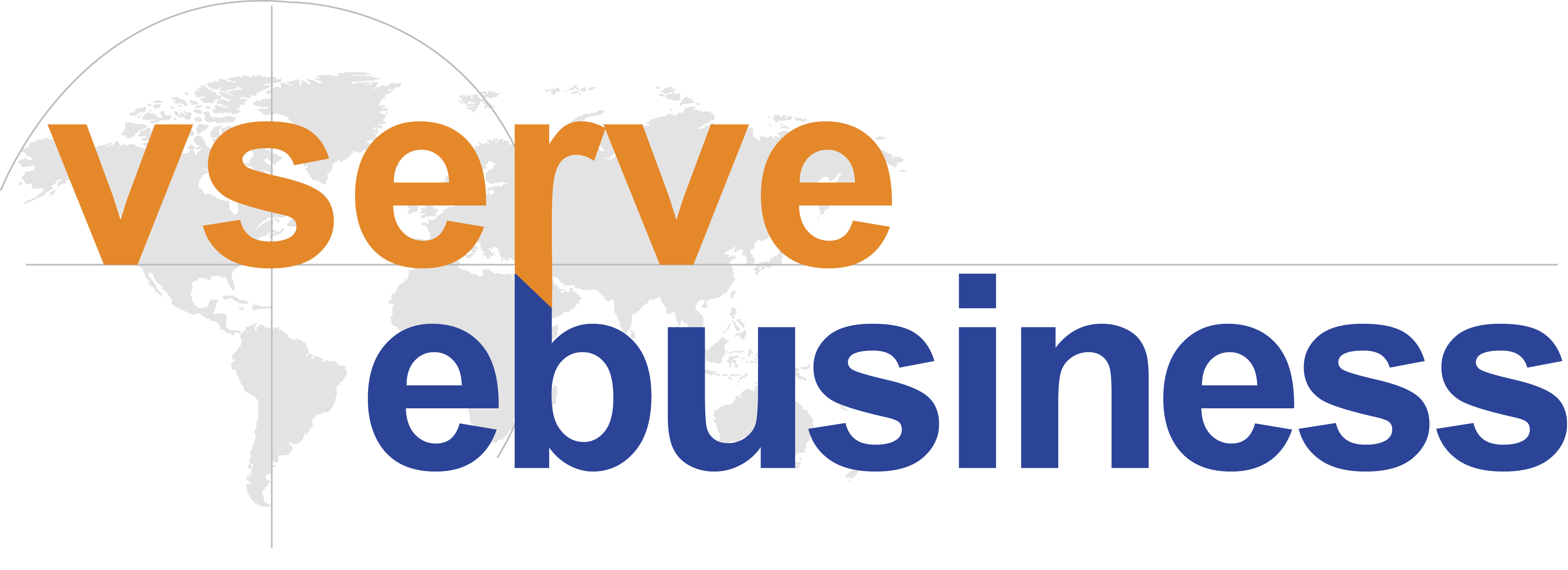Starting an online business can be overwhelming, especially when setting up an e-commerce website. With so many platforms available, how do you know which one to choose? Shopify has become famous for entrepreneurs looking to create an online store, but how do you find the perfect agency to help you launch your business?
Shopify has revolutionized the e-commerce industry by offering an easy-to-use platform that enables entrepreneurs to sell their products online. However, setting up a Shopify store requires technical skills and creative design. Therefore, hiring a Shopify agency to help you build and customize your website is crucial to your business’s success.
Finding the right Shopify agency can be a daunting task. With so many agencies to choose from, how do you know which one is the right match for your business needs? This ultimate guide will take you through the steps you need to follow when looking for the perfect Shopify agency, including choosing the right package, assessing their portfolio, and asking the right questions to make an informed decision.
Understanding Your Needs
Identifying Your Business Goals
- Identify your business’s specific goals, such as increasing sales, expanding your customer base, or improving brand awareness.
- Determine the timeline for achieving your goals, and prioritize them according to their importance.
- Consider how digital marketing can help you achieve your business goals.
Assessing Your Budget
- Determine your digital marketing budget and allocate it to specific channels such as social media advertising, email marketing, or SEO.
- Remember that a higher budget only sometimes means better results, and it is essential to prioritize channels that will generate the most ROI.
- Consider outsourcing some digital marketing tasks if it is more cost-effective than hiring an in-house team.
Identifying Your Target Audience
- Define your target audiences, such as demographics, interests, and behaviors.
- Create buyer personas to understand your target audience better and tailor your digital marketing efforts to their needs.
- Use data analytics tools to track and analyze customer behavior and adjust your digital marketing strategy accordingly.
Evaluating Your Current Online Presence
- Conduct an audit of your current digital marketing channels, including your website, social media accounts, and email marketing campaigns.
- Evaluate your online presence against your business goals and target audience.
- Identify improvement areas and plan to optimize your digital marketing strategy.
Researching Agencies
Factors to Consider When Researching Agencies
- Expertise and experience in your industry or field.
- Range of services offered.
- Quality of work and reputation in the market.
- Size and structure of the agency.
- Availability and responsiveness to your needs.
- Communication skills and collaboration style.
- Pricing and budget considerations.
- Company culture and values.
- Client references and testimonials.
- Awards and recognition within the industry.
Online Research Tools
- Search engines like Google or Bing.
- Social media platforms like LinkedIn or Twitter.
- Industry directories like AdAge or Clutch.
- Online review websites like Glassdoor or Yelp.
- Agency websites and blogs.
Asking for Recommendations
- Reach out to industry peers or colleagues for referrals.
- Ask for recommendations from current or past clients.
- Attend industry events and conferences to network and meet agencies in person.
- Consult with industry associations or trade groups for guidance.
Evaluating Agency Portfolios and Case Studies
- Review the agency’s portfolio to evaluate the quality and diversity of its work.
- Analyze the agency’s case studies to understand its approach and strategy for solving specific client problems.
- Look for examples of how the agency has helped clients achieve measurable results.
- Consider the agency’s creative and strategic capabilities.
- Assess the agency’s ability to adapt to new technologies and trends.
Evaluating Agencies
When evaluating a Shopify development agency for potential partnerships, there are several vital points to consider. Here are five points to keep in mind when assessing agencies:
Initial Contact and Communication
The initial contact and communication with a Shopify agency can set the tone for the entire relationship. It is essential to evaluate the agency’s responsiveness, professionalism, and communication skills during this initial stage. If a Shopify agency needs to respond or communicate effectively, it may indicate future communication issues.
Agency Experience and Expertise
A Shopify website agency’s experience and expertise are crucial when evaluating agencies. It is essential to assess the agency’s previous work and determine whether they have experience in the specific industry or field you are in. You should also look at their areas of expertise and determine whether they have the necessary skills to meet your needs.
Agency Team and Resources
The team and resources a Shopify agency has at its disposal are also essential factors to consider when evaluating agencies. You should evaluate the agency’s team size, skill set, and experience level. You should also look at the agency’s available resources, including technology, tools, and software.
Agency Culture and Values
An agency’s culture and values can significantly impact the partnership’s success. Evaluating the agency’s culture and determining whether it aligns with your company’s values and goals is essential. You should also assess the agency’s approach to work and determine whether it matches your company’s work style.
Asking for References and Testimonials
Finally, it is vital to ask for references and testimonials from the agency. This will allow you to evaluate the agency’s previous work and determine whether they have a track record of success. You should also contact earlier clients for honest feedback about the agency’s performance.
Making the Decision
Assessing the Proposals and Quotes
- Evaluate the proposals and quotes based on the requirements and specifications of the project.
- Check the experience, qualifications, and reputation of the vendors submitting the proposals.
- Review the pricing and ensure that it aligns with the budget and expectations of the project.
- Evaluate the proposed timeline and deliverables to ensure they meet the project requirements and deadlines.
- Compare and contrast the proposals to identify the strengths and weaknesses of each proposal.
Finalizing the Contract and Payment Terms
- Define the scope of work and responsibilities of both parties in the contract.
- Ensure that both parties clearly define and agree upon the payment terms and schedule.
- Include provisions for changes to the project scope, timeline, and budget.
- Establish a process for dispute resolution and termination of the contract if necessary.
- Ensure the contract complies with all applicable legal and regulatory requirements.
Ensuring a Smooth Onboarding Process
- Communicate the expectations and requirements of the project to the vendor before the project starts.
- Provide the vendor access to the necessary resources, such as systems, tools, and documentation, to complete the project.
- Establish a communication plan to ensure both parties are aligned on project status, issues, and risks.
- Clarify roles and responsibilities to avoid confusion and misalignment.
- Ensure the vendor knows the company culture and values to facilitate effective collaboration.
Setting Expectations and Communication Channels
- Establish clear and realistic expectations for the project, including the timeline, budget, and deliverables.
- Define the communication channels and frequency to facilitate timely and effective communication.
- Ensure both parties know the project status, issues, and risks.
- Establish a process for resolving conflicts and addressing issues.
- Provide regular feedback and recognition to build a positive and productive relationship.
Working with Your Shopify Agency
Staying Involved in the Process
- It is essential to stay involved in working with your agency. You should know what is happening at each stage of the project.
- Ask your agency to provide regular updates on progress and timelines. This way, you will be aware of any potential delays or issues that may arise.
- Make sure to attend meetings and participate in discussions regarding the project. This will allow you to give input and make decisions that align with your goals.
Communicating Effectively
- Communication is critical in any business relationship. Be clear and concise when communicating with your Shopify agency. This will help to avoid misunderstandings and mistakes.
- Use the appropriate communication channels, such as email, phone calls, or in-person meetings, to communicate effectively with your Shopify development agency.
- Provide all necessary information to your agency, including project goals, timelines, and budgets. This will help them to understand your expectations and deliver the best possible results.
Providing Feedback
- It is essential to provide feedback to your Shopify agency throughout the project. This will allow them to adjust and ensure the project is on track.
- Be specific in your feedback. Explain what is working well and what needs to be improved. This will help your agency to understand your expectations and make the necessary changes.
- Be open to feedback from your Shopify website agency. They may have suggestions to help improve the project or achieve your goals more efficiently.
Dealing With Challenges and Conflicts
- Despite the best efforts of all involved, challenges and conflicts may arise during a project. It is essential to address these issues promptly and constructively.
- Communicate openly and honestly with your Shopify development agency about any issues. Work together to find solutions that are in the project’s best interest.
- Be respectful and professional when dealing with any conflicts or disagreements. Remember that your Shopify development agency is your partner, and a collaborative approach will yield the best results.
Conclusion
Finding the perfect Shopify agency can be daunting, but it’s worth the effort. Following the steps outlined in this guide, you can narrow your options and find an agency that meets your specific needs and goals.
Remember to consider factors such as experience, expertise, portfolio, communication skills, and pricing when deciding. Be bold and ask questions or request references before signing a contract with an agency. With the right partner by your side, you can take your Shopify store to new heights and achieve success in today’s competitive e-commerce landscape.





